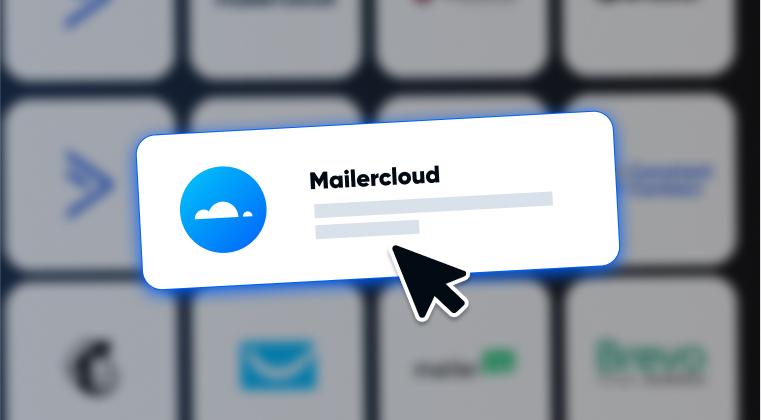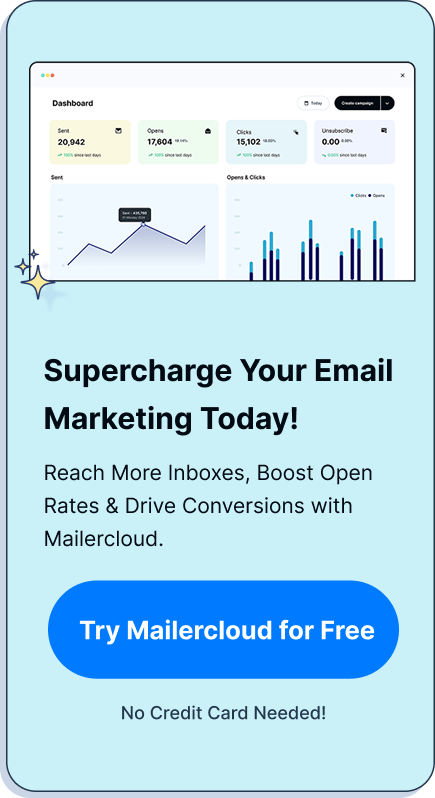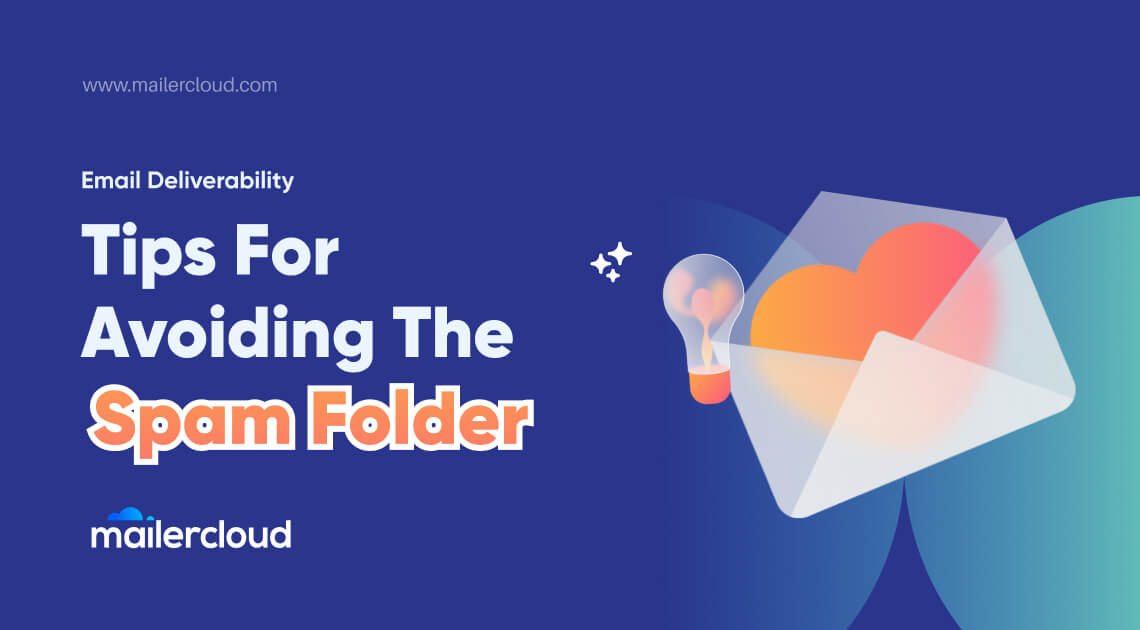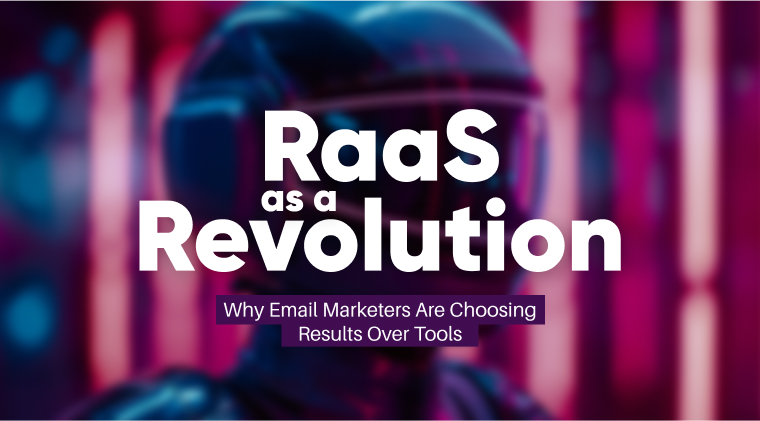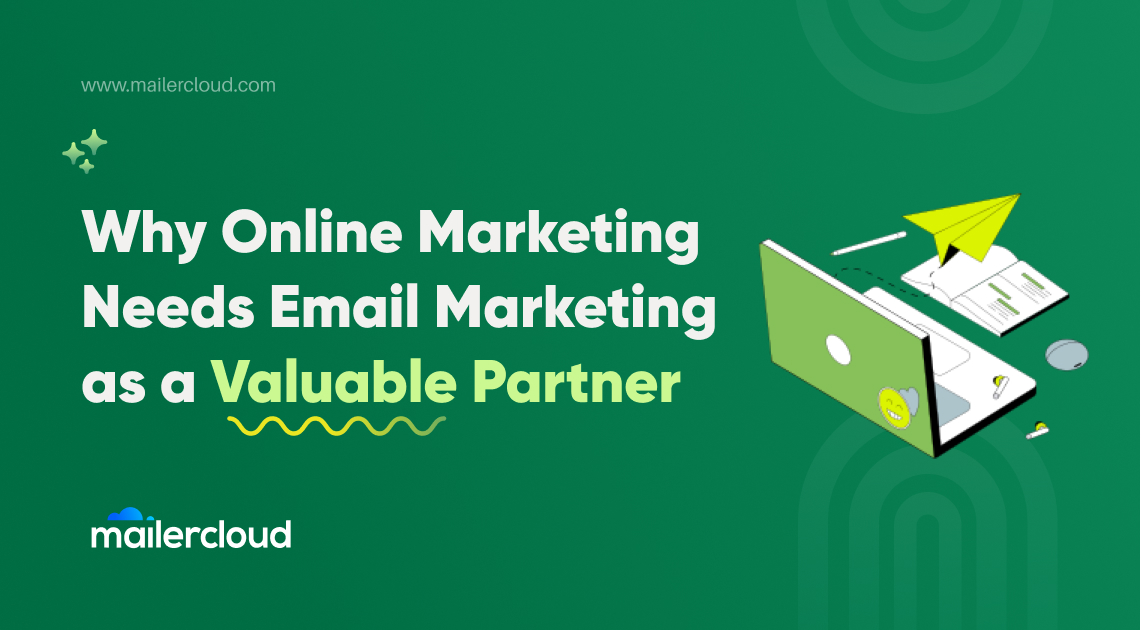Email marketing has transformed the way businesses connect with their audience—and for enterprises, it’s more powerful and essential than ever. According to a 2023 study by Campaign Monitor, email marketing delivers an average ROI of $42 for every $1 spent, making it one of the most cost-effective digital marketing channels. For enterprise-level businesses, this ROI can scale even higher when combined with robust marketing automation and personalized email campaigns.
This comprehensive guide takes you deep into the world of enterprise email marketing, helping you choose the best email marketing platform to:
- Streamline complex automation workflows
- Improve email campaign performance with real-time analytics
- Personalize emails at scale to increase engagement
- Maximize your return on investment
- Ensure high email deliverability across large lists
- Access advanced segmentation and audience targeting
- Align your email marketing strategy with overall business goals
Whether you’re:
- Building your strategy from the ground up
- Switching to a more scalable email marketing service
- Or looking to unify tools under one marketing platform
…this guide will help you evaluate platform features, apply enterprise-level best practices, and run campaigns that scale with your business.
Read on to discover how the right enterprise email marketing platform can supercharge your growth in today’s competitive digital landscape.
Table of Contents
What is Enterprise Email Marketing and Why Is It Crucial for Large Businesses?
Enterprise email marketing is the process of using advanced email marketing platforms to send personalized, scalable, and measurable communications to large customer bases. It goes far beyond basic email marketing, incorporating automation, segmentation, template standardization, and deep analytics to drive growth and engagement.
For large organizations, using a robust email marketing solution is not optional—it’s essential. These businesses need more than a tool; they need a marketing platform that integrates with CRMs, handles millions of contacts, and delivers results across email and other marketing channels.
And to ensure brand consistency at scale, many teams use reusable Outlook templates. Here’s how to convert HTML emails into OFT templates for Outlook, a helpful step for teams using Microsoft environments.
How Does an Enterprise Email Marketing Platform Differ from Basic Tools?
Unlike traditional email marketing tools used by small businesses, an enterprise email marketing platform offers higher scalability, enhanced marketing automation, and deeper integration capabilities.
With solutions like Salesforce Marketing Cloud or Zeta Marketing Platform, enterprises can run multichannel marketing campaigns that sync email and SMS, segment based on behavior, and run complex automated email sequences—all with top-tier email deliverability and compliance.
Best enterprise email marketing platform in 2025
1. Mailercloud – All-in-One Enterprise Email Marketing Platform
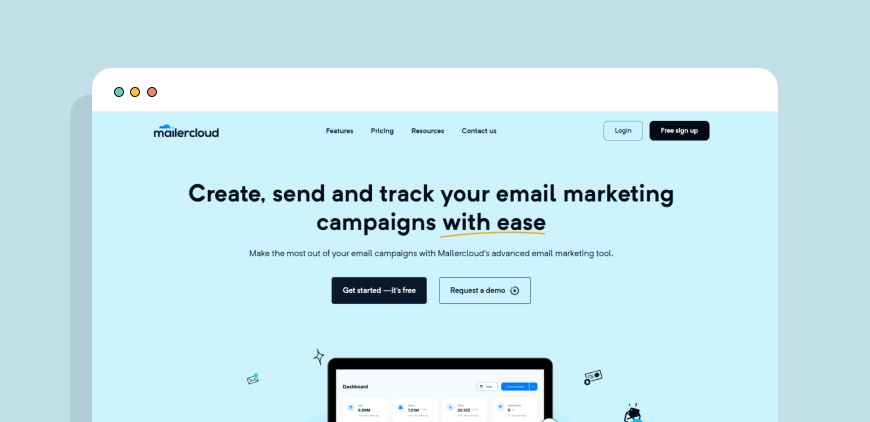
Mailercloud is a robust, all-in-one email marketing platform built to serve businesses ranging from startups to large-scale enterprises. It enables users to execute powerful email marketing campaigns with ease, thanks to its intuitive interface and full suite of automation tools. Equipped with marketing automation, segmentation, AMP email support, and enterprise email marketing features, Mailercloud helps teams manage complex workflows without a steep learning curve. Its high email deliverability rate ensures that your emails consistently land in inboxes, while its modern UI and feature-rich dashboard make it ideal for marketing teams looking to scale.
Whether you’re sending transactional emails, nurturing leads, or launching an enterprise email marketing platform for millions of users, Mailercloud ensures high performance, speed, and flexibility.
Pros:
- Intuitive UI with an easy-to-use drag-and-drop email builder and responsive email templates.
- Supports AMP emails, allowing interactive elements like forms and polls directly inside the inbox.
- Advanced automation flows including welcome series, cart abandonment, and re-engagement triggers.
- High email deliverability rates across ISPs, ensuring your message reaches the right audience.
- Real-time campaign performance metrics with detailed reporting dashboards.
- Budget-friendly enterprise plan with unlimited email sends.
- Offers email marketing automation with dynamic content and user behavior triggers.
- Dedicated email support and hands-on onboarding assistance from the Mailercloud team.
Cons:
- Fewer native integrations compared to platforms like Salesforce or HubSpot (though its integration library is growing and it connects with no-code automation platforms like Albato).
- Less brand visibility globally compared to popular email marketing giants like Mailchimp.
Pricing:
- Free Plan: Send up to 12,000 emails/month to 1,000 subscribers — ideal for small teams starting out.
- Paid Plans: Start at just $8/month based on subscriber count, with scalable options.
- Enterprise Plan: Custom pricing for large teams with features like dedicated IP, deliverability consulting, and personalized onboarding.
Mailercloud is a perfect fit for businesses looking for the best enterprise email marketing platforms without the heavy price tag or technical bloat. It’s modern, powerful, and focused on helping enterprises take their email marketing to the next level.
2. Mailchimp – Popular Email Marketing with Broad Features
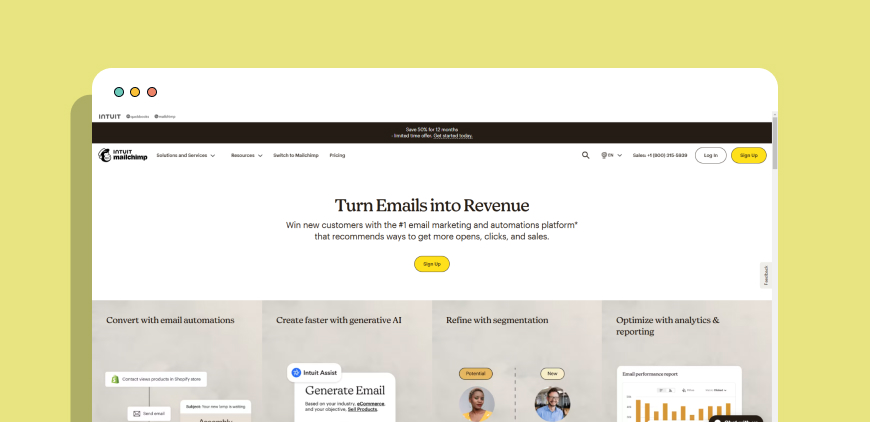
Mailchimp is one of the most popular email marketing platforms, offering a wide range of tools for email marketers, from beginners to enterprise-level users. It supports automation, segmentation, and even multichannel messaging through email and SMS.
Pros:
- User-friendly interface with lots of pre-designed templates.
- Built-in CRM, A/B testing, and reporting tools.
- Advanced marketing automation features.
Cons:
- Pricing increases steeply with list size.
- Advanced automation only available on higher-tier plans.
Pricing:
- Free Plan: Up to 500 contacts.
- Essentials: Starting at $13/month.
- Standard: From $20/month.
- Premium: Starts at $350/month for enterprise needs.
3. Salesforce Marketing Cloud – Enterprise-Grade Marketing Automation
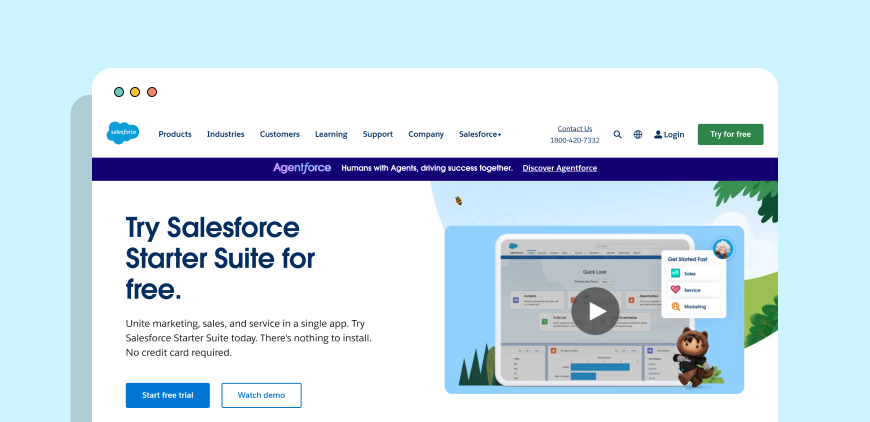
A leader in enterprise CRM and marketing, Salesforce Marketing Cloud is a robust marketing automation suite built for Salesforce revenue optimization, offering email marketing, personalization, AI-powered insights, and multichannel customer journeys.
Pros:
- Deep CRM integration and advanced AI analytics especially when sending Salesforce data to BigQuery
- Suitable for large, complex enterprise use cases.
- Strong automation and segmentation tools.
Cons:
- Expensive and complex to set up.
- Requires technical onboarding and training.
Pricing:
- Custom pricing only; generally starts above $1,200/month for basic packages.
4. HubSpot Marketing Hub – All-in-One CRM & Email Marketing

HubSpot combines email marketing, CRM, landing pages, and marketing automation tools in a single ecosystem. Ideal for scaling teams who need alignment across marketing and sales.
Pros:
- Unified platform for email, CRM, and lead nurturing.
- Rich analytics and automation workflows.
- High deliverability and intuitive UX.
Cons:
- Enterprise features are pricey.
- Limited design flexibility in some templates.
Pricing:
- Free Plan: Basic tools included.
- Starter: From $20/month.
- Professional: From $890/month.
- Enterprise: From $3,600/month.
5. ActiveCampaign – Automation-First Email Platform
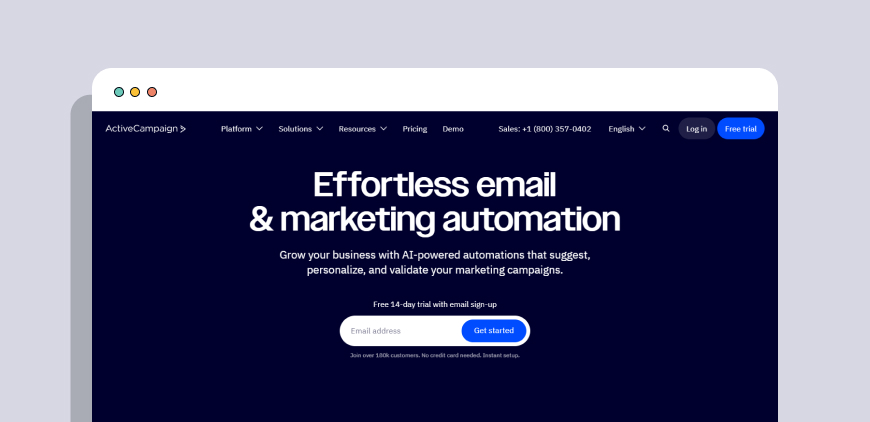
ActiveCampaign is known for its robust email marketing automation and behavior-triggered workflows. It’s ideal for enterprises that want in-depth segmentation and personalized journeys.
Pros:
- Best-in-class automation builder.
- Strong CRM and sales features.
- Excellent customer support.
Cons:
- UI may feel overwhelming to beginners.
- Slight learning curve for full features.
Pricing:
- Starts at $49/month (Plus Plan).
- Enterprise Plan: Custom pricing.
6. Klaviyo – Best for Ecommerce Enterprises
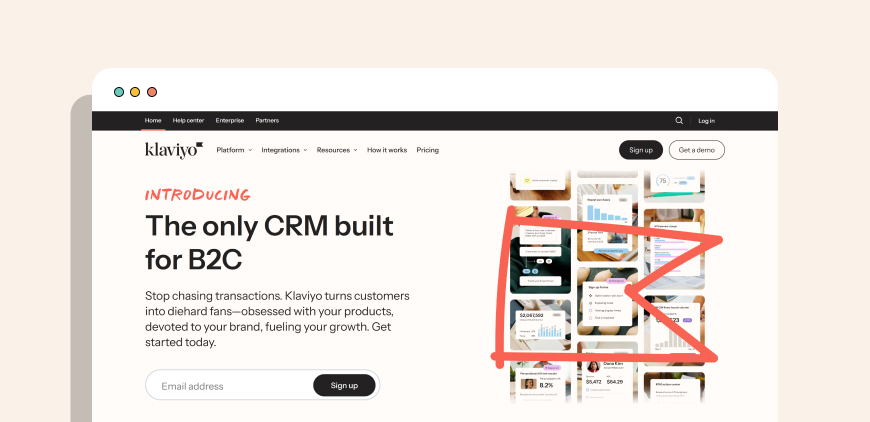
Overview:
Klaviyo is a marketing platform built specifically for eCommerce brands. It enables email marketing and sms marketing with deep integrations into Shopify, WooCommerce, and Magento.
Pros:
- Excellent segmentation for ecommerce behavior.
- Predictive analytics and product recommendations.
- Supports email and sms together.
Cons:
- Pricing increases rapidly with list size.
- Not ideal for non-ecommerce enterprises.
Pricing:
- Free for up to 250 contacts.
- Paid plans start at $45/month.
7. Sendinblue (Brevo) – Multichannel and Transactional Messaging
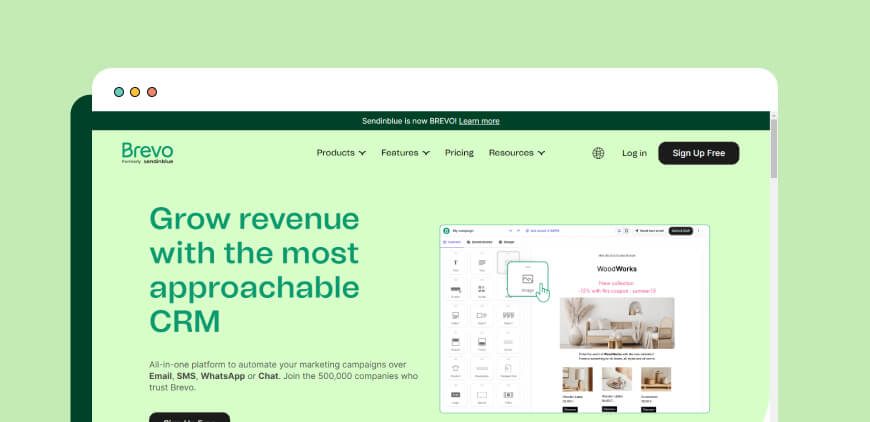
Brevo offers email marketing, SMS, chat, and transactional email tools in a budget-friendly package. Known for its flexible pricing and ease of use, it’s a great option for growing enterprises.
Pros:
- Offers email and SMS in one plan.
- Great email deliverability rates.
- Simple interface with smart automation.
Cons:
- Fewer native integrations than competitors.
- Less suitable for massive enterprise CRM use.
Pricing:
- Free Plan: 300 emails/day.
- Starter: $6/month.
- Business: $13/month.
- Enterprise: Custom.
8. Campaign Monitor – Visual Email Builder for Enterprises
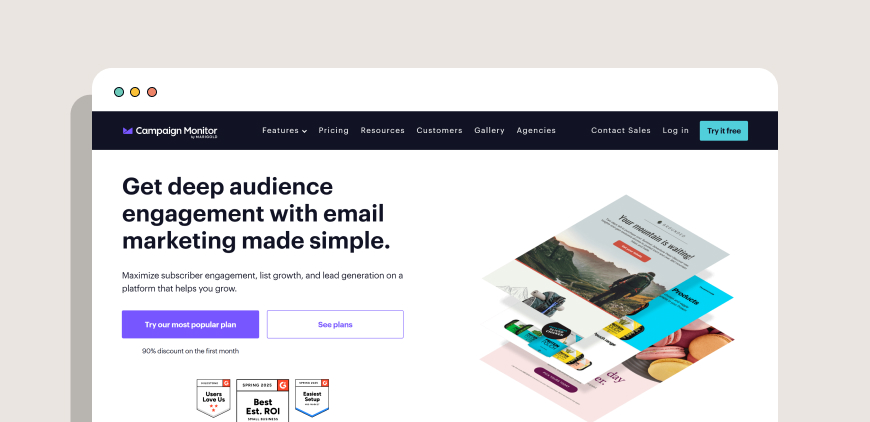
Overview:
Campaign Monitor focuses on elegant design, making it easy to create email content based on stunning templates and responsive layouts.
Pros:
- Drag-and-drop editor with design-first UI.
- Visual journey builder for automation.
- Real-time analytics and segmentation.
Cons:
- Lacks a free plan.
- Limited CRM features.
Pricing:
- Starts at $10/month (Basic).
- Advanced segmentation starts at $127/month.
9. Moosend – Affordable Email Marketing for Growing Enterprises
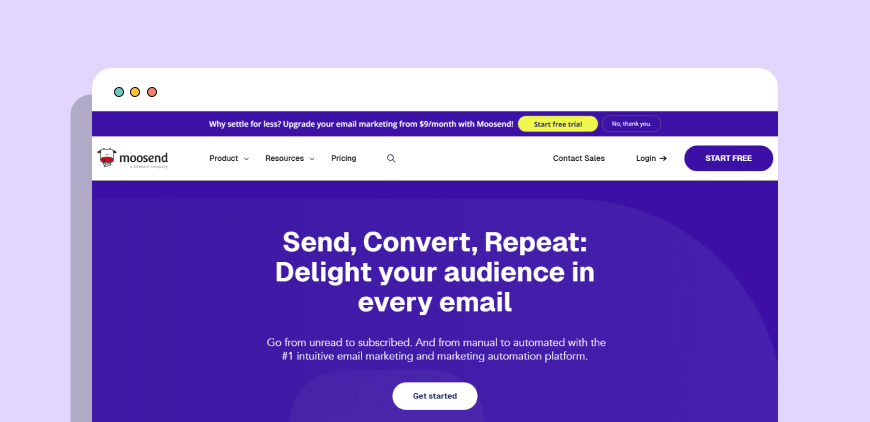
Overview:
Moosend is a cost-effective email marketing software ideal for small to mid-sized enterprises. It includes email marketing, marketing automation, and personalization tools.
Pros:
- Affordable pricing with good value.
- A/B testing and reporting included.
- Offers email marketing tool and automation in one.
Cons:
- Fewer native integrations.
- Less suited for complex enterprise workflows.
Pricing:
- Free trial available.
- Paid plans start at $9/month.
- Enterprise plan with custom pricing.
10. Zoho Campaigns – Part of Zoho’s Marketing Suite
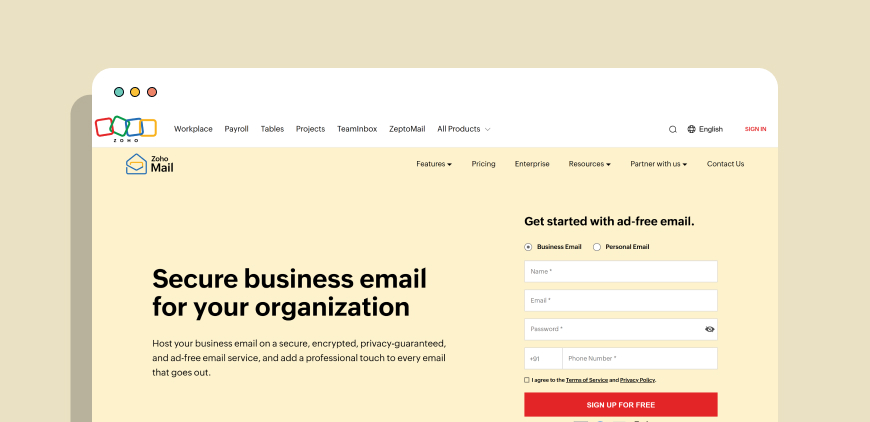
Overview:
Zoho Campaigns integrates seamlessly with the Zoho CRM, offering a low-cost solution for email marketers looking to manage email marketing campaigns within a larger marketing cloud.
Pros:
- Seamless Zoho ecosystem integration.
- Good for transactional and promotional emails.
- Automation, templates, and list management included.
Cons:
- Dated UI.
- Not ideal for high-end enterprise analytics or multichannel needs.
Pricing:
- Free for 2,000 contacts/month.
- Paid plans start at $3/month.
- Enterprise pricing available.
What Features Define the Best Enterprise Email Marketing Platforms?
The best enterprise email marketing platforms offer features far beyond simple send-and-track capabilities. They include:
- Advanced automation workflows for scheduling and sending at the right time.
- Email and landing page templates for consistent branding.
- Integration with email marketing and CRM systems.
- Email personalization to boost engagement.
- Real-time email campaign performance analytics.
These features make platforms like Mailercloud, Salesforce, and HubSpot not just tools but complete marketing solutions for enterprise teams.
Which Types of Email Marketing Campaigns Work Best for Enterprises?
Enterprises can benefit from a variety of email marketing campaigns, including:
- Welcome emails to onboard new customers.
- Transactional emails for confirmations and updates.
- Monthly email newsletters for brand loyalty.
- Promotional campaigns with personalized offers.
- Re-engagement campaigns to bring back inactive users.
Using automation and personalized email content can help you send the right message at the right time—vital for enterprise success.
Why is Marketing Automation Vital for Enterprise Email Campaigns?
At the enterprise level, marketing automation becomes a necessity. Manually managing segmented lists and scheduling campaigns is time-consuming and error-prone. With email automation, you can:
- Set up triggered emails like welcome email or cart abandonment series.
- Automate email campaign workflows based on customer behavior.
- Streamline complex email marketing strategy efforts.
This not only improves efficiency but also ensures every email is timely, relevant, and reaches the inbox reliably. To further minimize bouncebacks and failed deliveries, it’s important to understand and handle mailer-daemon errors properly as part of your deliverability strategy.
How Can Personalization Boost Engagement in Email Marketing?
Personalization is no longer optional—especially in enterprise email marketing. Personalized emails see higher open rates, click-through rates, and conversions.
Using email content based on customer data (like location, purchase history, or behavior), enterprises can create unique experiences that speak directly to each recipient. Coupled with a robust email marketing tool, personalization boosts email engagement and overall marketing efforts. Even small touches—like customized sender details or adding email signature banner design — can enhance credibility.
What to Look for in an All-in-One Email Marketing Platform?
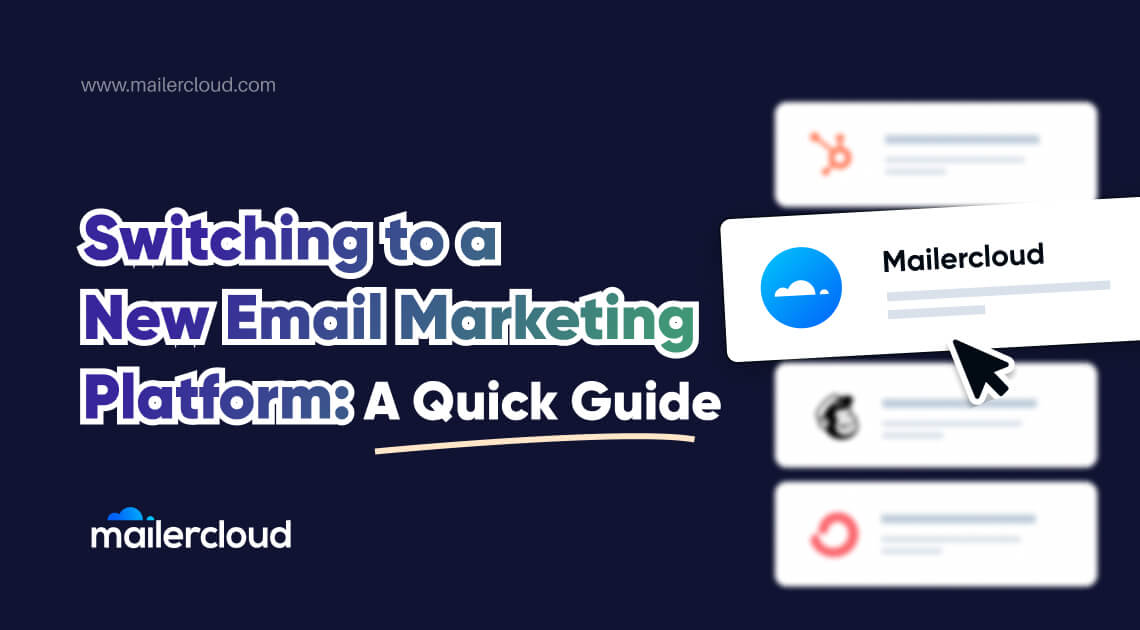
An all-in-one email marketing platform should handle every aspect of your email marketing campaigns, including:
- Easy-to-use drag-and-drop email builders.
- Responsive email templates and automation triggers.
- Marketing automation tools like A/B testing and segmentation.
- Real-time analytics and reporting dashboards.
- Seamless integration with CRM and email service provider tools.
Look for platforms that offer unlimited email sends and enterprise-level support, like email support and account management, to handle your large-scale operations.
Free Plan vs. Enterprise Plan: Which One Fits Your Business?
While a free plan may work for startups and small businesses, enterprises need more advanced capabilities. A dedicated enterprise plan typically includes:
- Higher email send limit or even unlimited email sends.
- Access to premium features like advanced automation and custom workflows.
- Enhanced security and compliance tools.
Choosing the right plan depends on the size of your email list, your goals, and how often you send email marketing campaigns.
What are the Best Practices for Managing Large Email Lists?
Managing an enterprise-sized email list requires adhering to email deliverability best practices to avoid being flagged as spam. These include:
- Regular list cleaning to remove invalid or inactive emails.
- Using email subject lines that avoid spam triggers.
- Segmenting based on behavior for relevant email content.
- Following legal guidelines like GDPR and CAN-SPAM.
Smart list management improves email deliverability and boosts your overall email marketing efforts.
How to Measure Success Across Email Marketing Campaigns?
To truly understand the impact of your email marketing, you need to track metrics that matter:
- Open and click-through rates.
- Conversion rates from each email campaign.
- Revenue attributed to email channels.
- Engagement metrics like bounce and unsubscribe rates.
Using analytics within your email marketing software, you can optimize future campaigns, refine your marketing strategy, and get closer to the ideal email marketing setup for your enterprise.
Key Takeaways for Enterprise Email Marketing
- Enterprise email marketing requires scalable, integrated, and automated tools.
- Choose a marketing platform with strong automation, CRM integration, and analytics.
- Personalized email content is essential for engagement and conversions.
- Evaluate the difference between free plan and enterprise plan features.
- Use marketing automation to save time and improve efficiency.
- Regularly clean and segment your email list to maintain high email deliverability.
- Measure email campaign performance to continually optimize your strategy.
- Opt for an all-in-one email marketing platform to streamline your marketing efforts.
- Platforms like Mailercloud offer robust marketing solutions for enterprise needs.
- Always follow best practices to build a strong, compliant, and successful email strategy.
As a Marketing Director, I develop and implement marketing strategies, conduct market research, and manage a team of marketing professionals. With a successful track record of launching campaigns that drive revenue growth, I bring my marketing expertise to blog writing, creating engaging content that promotes the brand and its products/services.





























